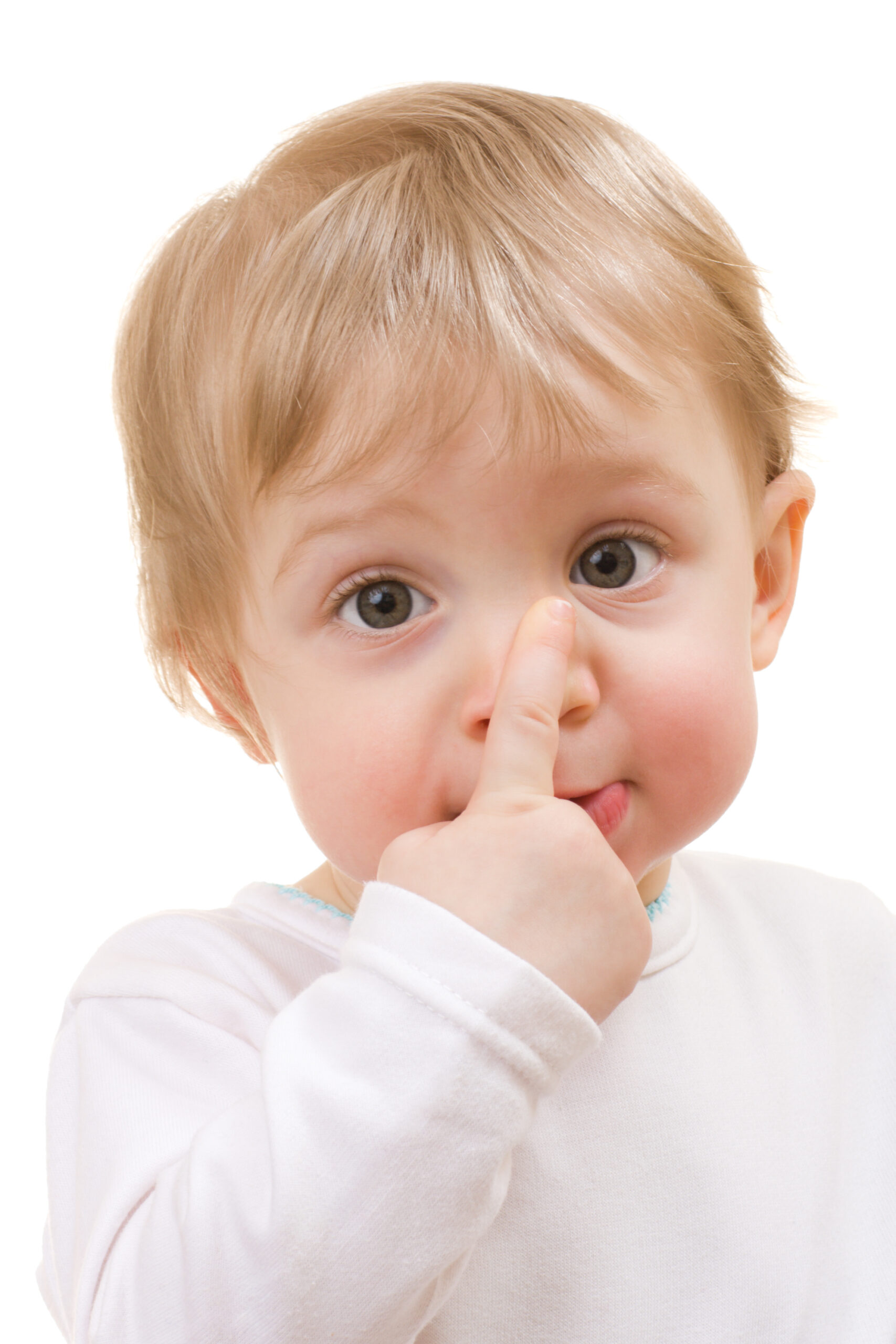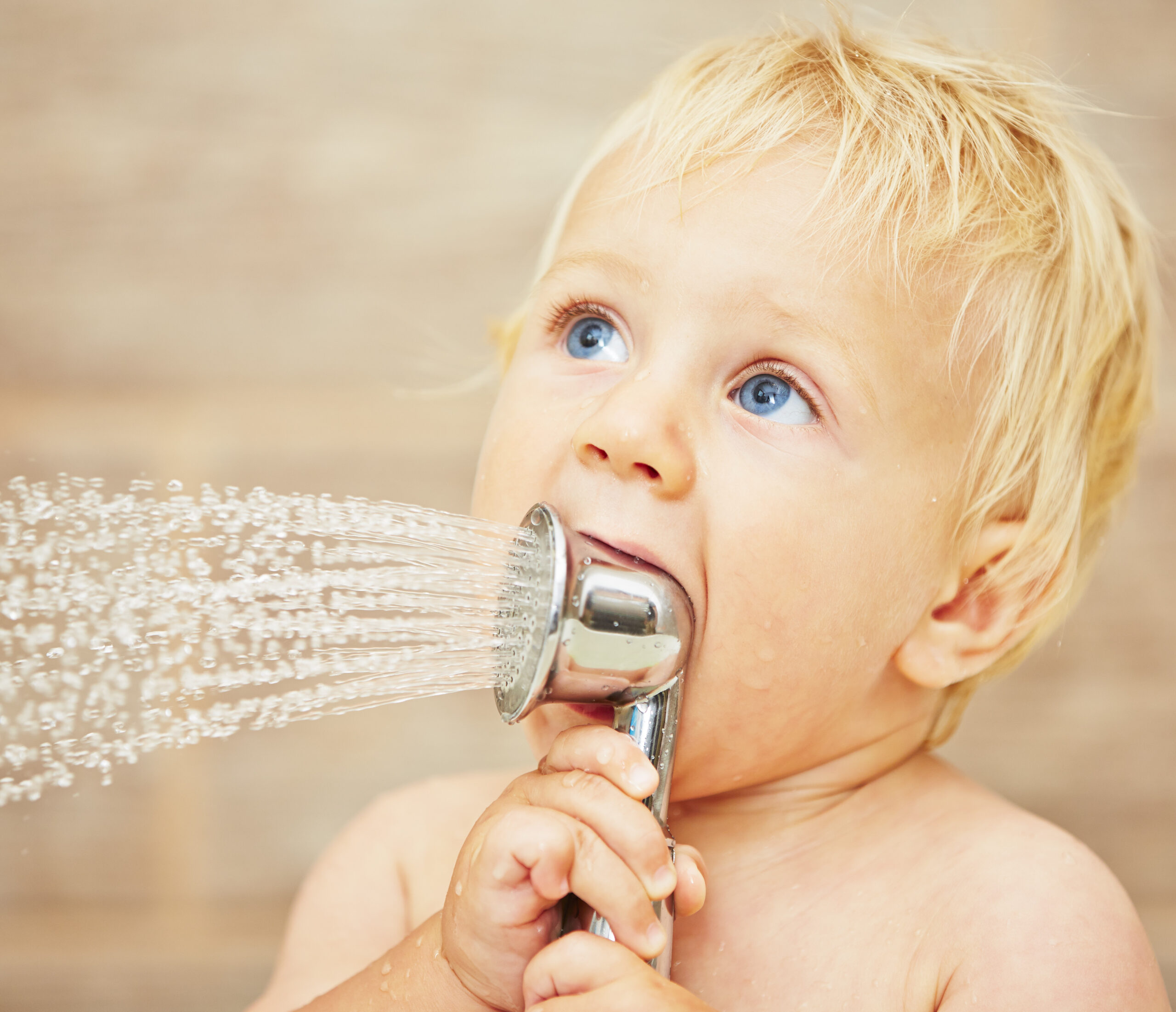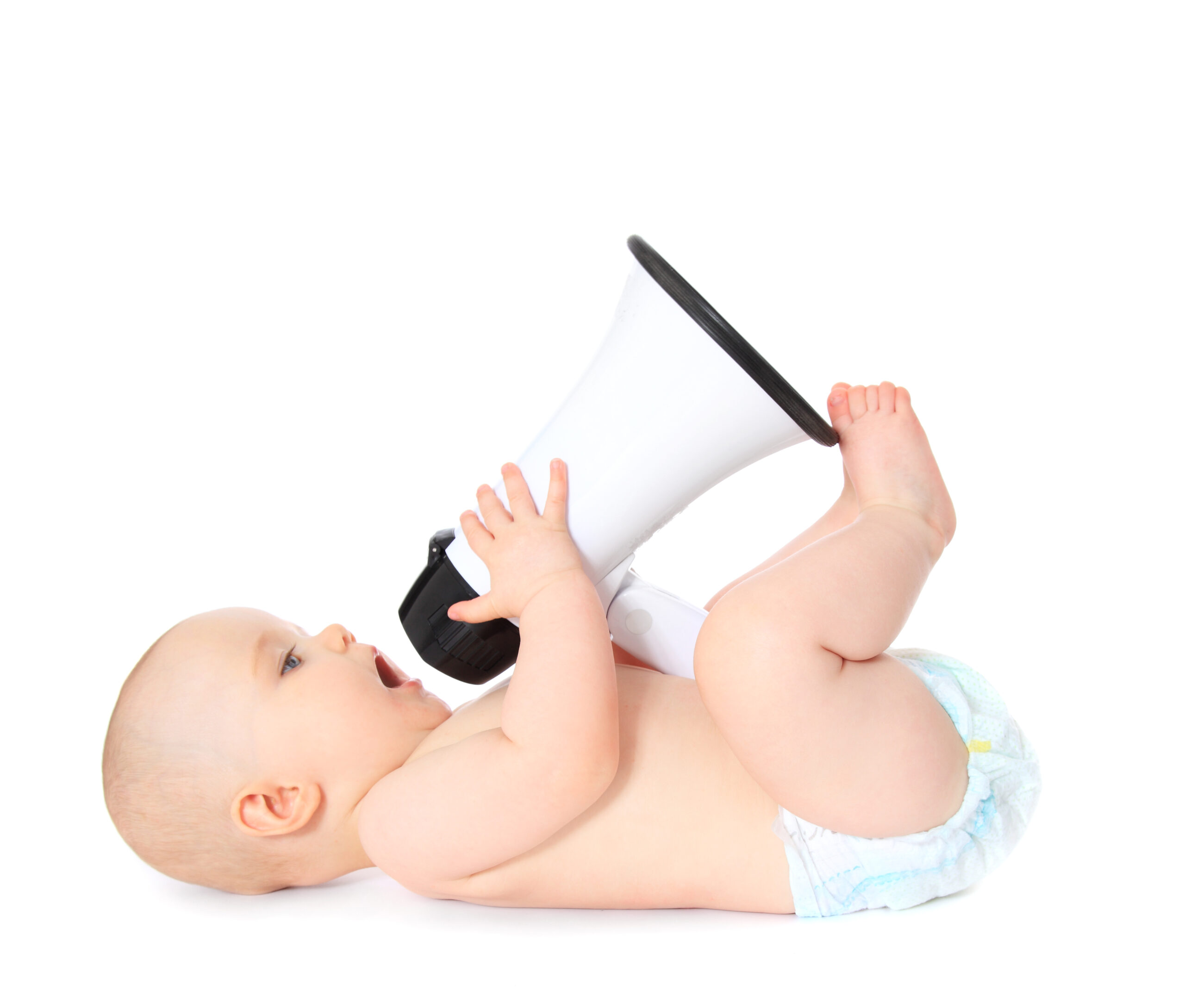Do we learn to feel pain?
Babies’ scrunched up faces and curdling screams certainly suggest that our little ones feel pain. However, until the 1980s, scientists believed that babies’ responses were purely a reflex, and not a true pain reaction. So, fearing they would overdose these tiny creatures, doctors didn’t routinely use anesthetic even during surgery.
The truth is that babies are born wired to feel pain. Just this spring, researchers at the University of Oxford showed that babies activate the same brain areas as adults when they experience pain. A group of ten 1-to 6-day old babies were scanned using functional magnetic resonance imaging (fMRI) while they were lightly poked on the foot with a laboratory-grade rod (a really expensive way to simulate being poked with a pencil point). Then they scanned adults and poked their feet. The same brain regions that were active in adults were activated in the babies, with an important exception. The regions involved in emotion and decision-making did not react in the babies.
This fMRI study suggests that pain is not a learned phenomenon; no prior experience is required for a baby to feel pain when they are poked in the foot with a sharp object. In fact, scientists who recorded electrical activity in fetuses found characteristic responses to pain before birth.
Unfortunately, not only do babies feel pain, but more pain during infancy translates to a higher sensitivity to pain later in life.
Earlier studies of babies’ ability to feel pain tracked increases in heart rate and measured crying to determine their amount of pain. And the gold standard treatment for discomfort was a pacifier dipped in sugar water. Sugar usually makes me feel better too. However, researchers have discovered other techniques to reduce pain. One study found that keeping a newborn warm lessens pain during procedures like vaccinations. Another study showed that swaddling a baby and holding them upright reduced pain during a heel prick.
Lucky for parents, young babies do not appear to associate emotion with physical pain. Which means your screaming baby may hurt during an immunization, but she isn’t mad at you for causing the discomfort, yet…I assure you she will be capable of associating pain with deep emotion by the time she turns thirteen.
Learn more: What can babies see? See the world through baby-colored glasses.









